Beirut, Sep 29 (V7N) — Following the death of Hezbollah's long-time leader Hassan Nasrallah in an Israeli airstrike on Friday, speculation is mounting over the group’s next leader. Hashem Safieddin, head of Hezbollah's executive council and Nasrallah’s cousin, is widely considered the frontrunner to succeed him.
Nasrallah, who led the Iran-backed Lebanese armed group for 32 years, was killed in a targeted attack on Hezbollah’s underground headquarters in the southern suburb of Dahiyeh, Beirut. The Israeli Defense Forces (IDF) claimed responsibility for the airstrike, stating that it was part of their ongoing campaign against Hezbollah.
Safieddin, a prominent figure within Hezbollah, manages the group’s political affairs and is also a member of the Jihad Council, which oversees military operations. A religious leader like Nasrallah, Safieddin has long been considered a key strategist and a public face for the group. In 2017, the US State Department designated him as a terrorist, citing his involvement in Hezbollah’s activities.
Safieddin’s family ties to Nasrallah, along with his religious stature as a descendant of the Prophet, make him a strong contender to assume control of Hezbollah. Analysts believe that his leadership would ensure continuity in the group's resistance against Israel and its support for Palestinians.
In recent speeches, Safieddin has been vocal in condemning US and Israeli policies, once stating that the Trump administration’s actions would only strengthen Hezbollah’s resolve. He has also consistently shown support for the Palestinian cause, recently declaring, “Our history, our guns, and our rockets are all with you.”
As Hezbollah confirms Nasrallah's death, the group has vowed to continue its fight against Israel and protect Gaza, Palestine, and Lebanon. The death of Nasrallah marks a significant turning point for Hezbollah, which has been a major player in the Middle East under his leadership. Safieddin's potential ascension could shape the future of the organisation in the ongoing regional conflicts.
The airstrike has heightened tensions in the region, raising concerns of an escalation in the conflict between Israel and Hezbollah.
END/RH/AJ



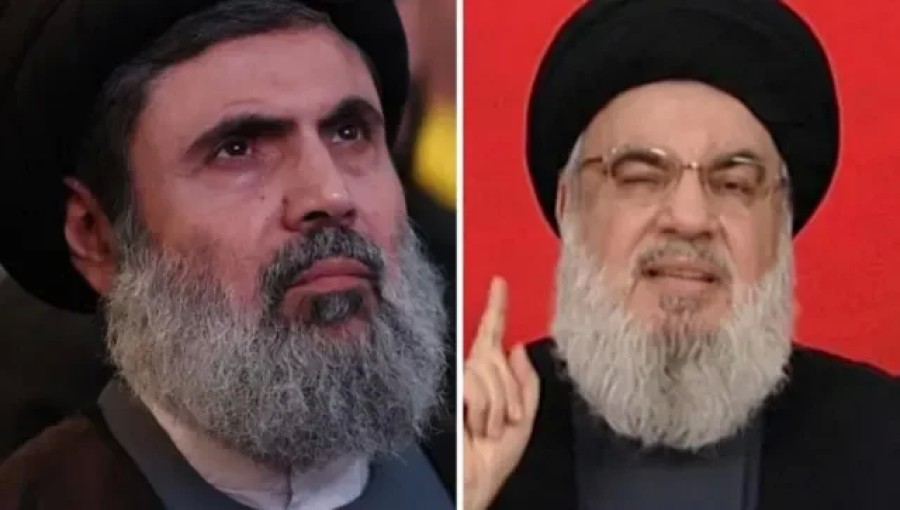

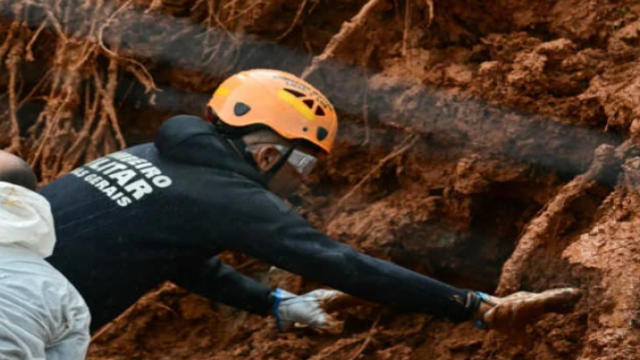

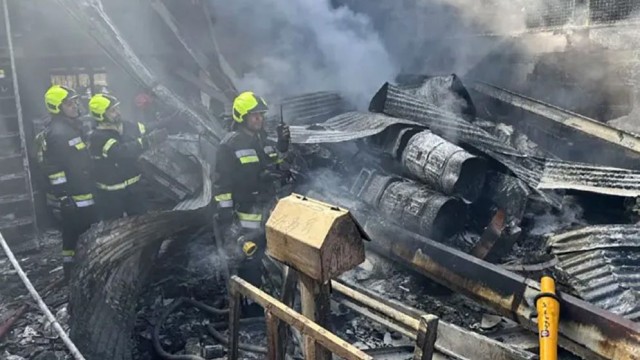
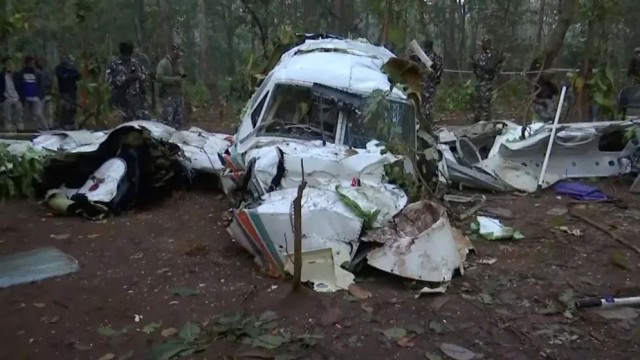
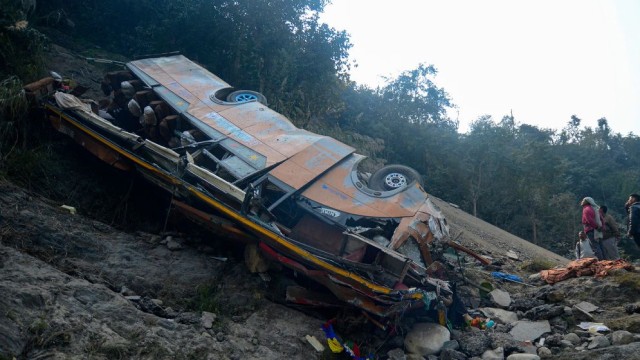

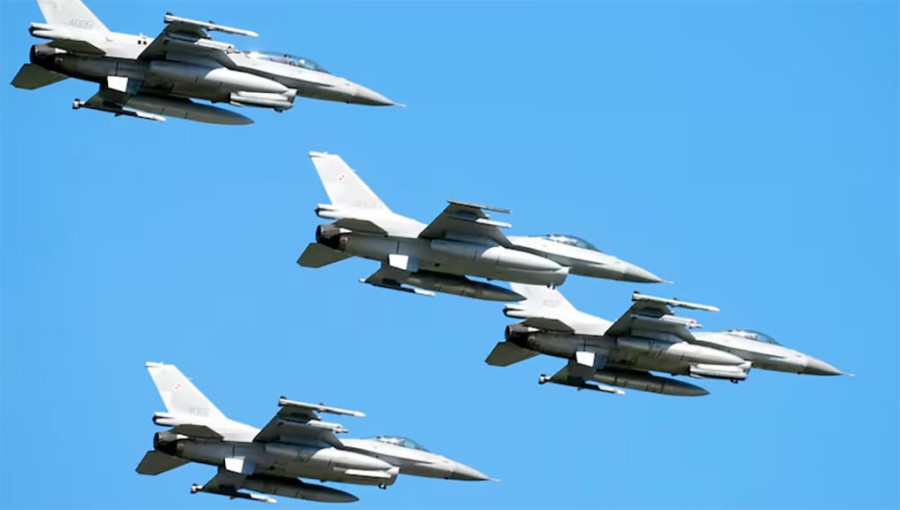











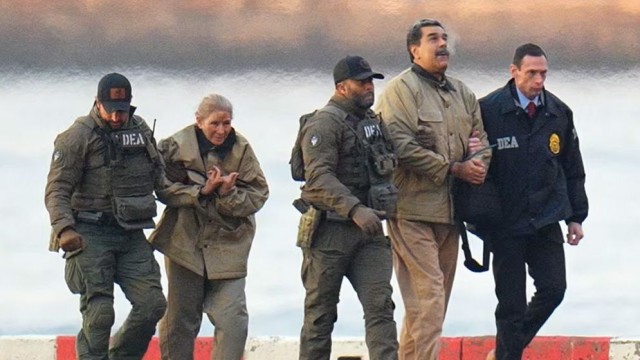




Comment: